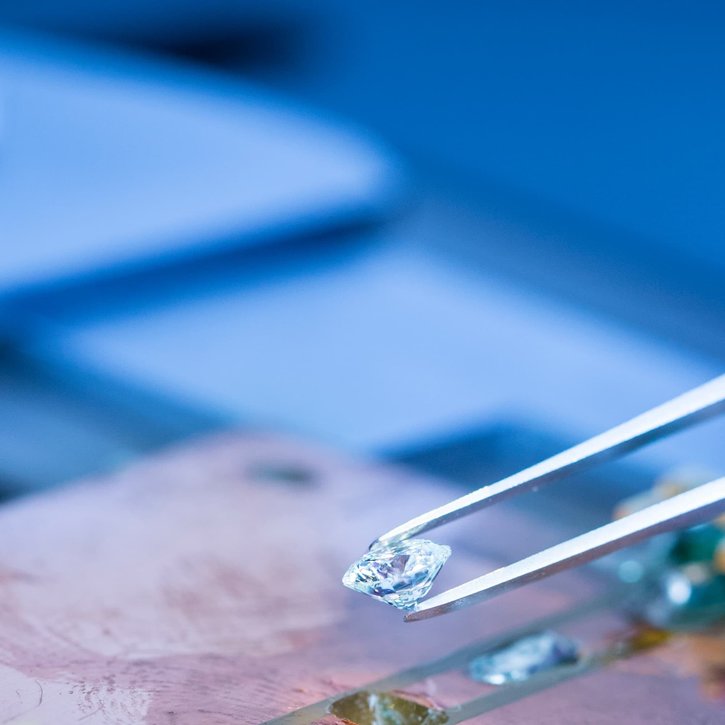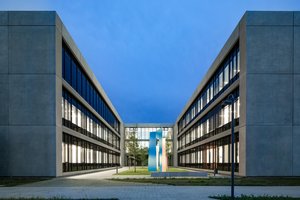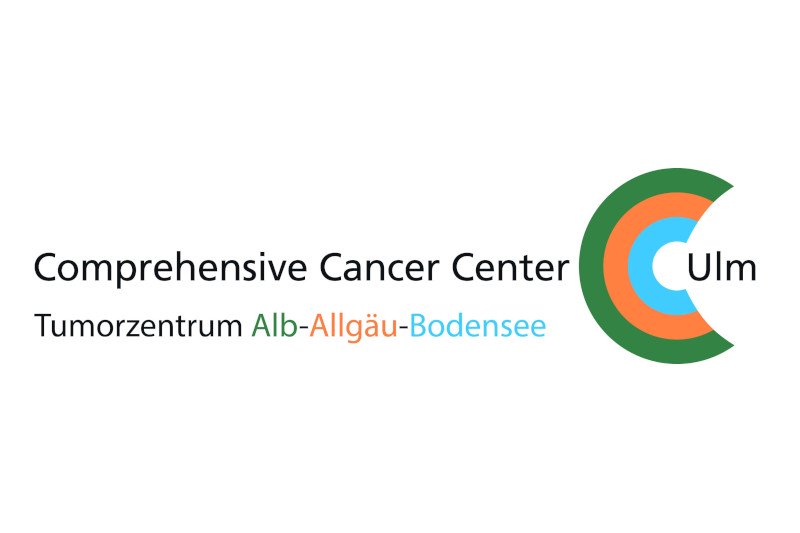Quantum Biology Science at Ulm University
Ulm University’s growing competence centre is continuously expanding its research in the area of quantum biology science (BioQ).

Professors Martin Plenio, Fedor Jelezko and Tanja Weil, together with their team, develop high-performance sensors to visualise the structures and functions of individual biomolecules under physiological conditions. Biological processes are researched using quantum technology, making the observation of quantum effects in biological systems possible. The research field is translational and future oriented. Applications for the practice are being studied and promoted through start-ups.
In 2012, Ulm University’s department of Quantum Biology was awarded the ERC Synergy Grant BioQ by the European Research Council. The funding amount of around 10.3 million euros is the highest-paying research fund in the European Union.
BioQ as a Research Field of the Future
In quantum biology science, individual proteins are examined by tiny diamonds that can detect magnetic fields with a resolution in the nanometre range. Current research focuses on quantum sensors and quantum effects in biology. Basic research benefits from these results.
At the same time, practical applications in the pharmaceutical industry and biomedical diagnostics are researched. In the future, more precise and accurate measuring will not only be used in laboratories, but also in living organisms, enabling, for example, a high-resolution display of metabolic processes in the MRI scanner. Successes can be measured faster this way, particularly in cancer therapy.
Centre of Quantum BioScience

In order to bundle the research network’s expertise, Ulm University has founded the Centre of Quantum BioScience (ZQB).
ZQB is the first site in the world to bundle all the individual focuses of bio-quantum science under one roof. Ulm University invests in a high future and innovation potential, making the region even more attractive for research.
Since July 2019, ZQB has been offering state-of-the-art, highly technologised and thermally stabilised laboratories to physicists, chemists and molecular medicine scientists. An interference-free environment is guaranteed by shielding any types of electromagnetic and acoustic fields. In order to exclude possible shocks and vibrations, the ZQB building has its own separate foundation.
ZQB Focus Areas
Experimental research is also being driven forward. Among other things, ZQB researchers question what role quantum dynamics play in fundamental processes such as photosynthesis, magnetic field sense, sense of smell and viral infections.
ZQB currently has four research programmes focusing on the following topics:
- Diamond quantum sensor technology
- Application within quantum biology
- Functionalisation of diamond sensors
- Application within biomedicine

![[Translate to "EN"] [Translate to "EN"]](/fileadmin/user_upload/assets/3-1_boehringer_ingelheim_university_biocenter_bui/xUni_ulm_logo.png.pagespeed.ic.9xPYxCEpY5.png)
![[Translate to "EN"] [Translate to "EN"]](/fileadmin/user_upload/assets/3-1_boehringer_ingelheim_university_biocenter_bui/xpeptid_synthesizer_59f043ae34.jpg.pagespeed.ic.7ijnEjoj37.jpg)
